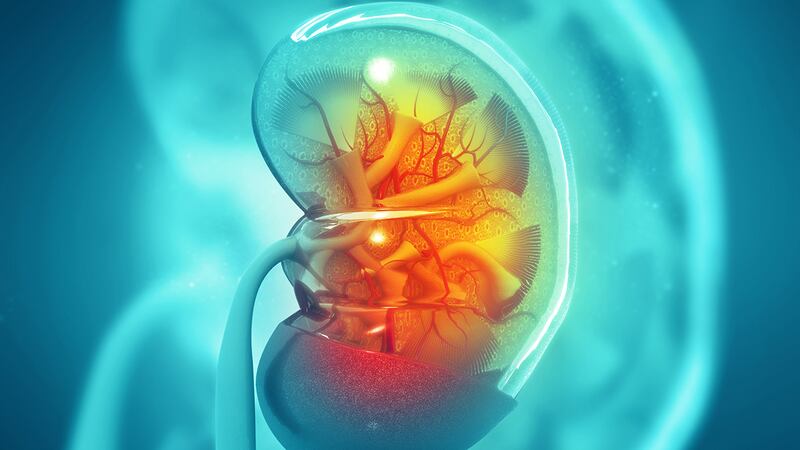LaGRANGE, Ga. — Five years after a donated kidney gave Alia Brown a new lease on life, the 20-year-old Georgia woman has found herself back on the transplant list, thanks to COVID-19.
Brown, who was diagnosed with lupus at the age of 9, was gifted a kidney in 2017, three years after one of her kidneys began failing completely, forcing the young woman to endure dialysis three times a week, WBRL reported.
Lupus is an autoimmune disease that can overwhelm a patient’s joints, skin, kidneys, blood cells, heart, lungs and brain with inflammation, according to the Mayo Clinic.
Fortunately for Brown, her mother was a match and donated one of her own kidneys to her ailing daughter in 2017. In August 2020, however, Brown contracted COVID-19, and her mother’s donated kidney also failed during the one-month hospitalization.
“I was so disappointed because I was happy that I was in college. I was free. I was able to be independent and, yeah, it was kinda like a letdown. It was a huge letdown,” Brown told WRBL.
Kidney health expert Dr. C. John Sperati, director of Johns Hopkins University’s Nephrology Fellowship Training Program and an associate professor of medicine, wrote in early March that studies since the onset of the pandemic have determined that more than 30% of patients hospitalized with COVID-19 develop kidney injury, and more than 50% of patients in the intensive care unit with kidney injury may require dialysis, calling it a “known complication” of the virus.
As things stand, Brown is now undergoing daily peritoneal dialysis from her home while she waits to find a new match, WBRL reported.
According to the TV station, Brown is currently on the transplant waitlist at Emory Healthcare in Atlanta and hoping to be added to the waitlist at UAB Hospital in Birmingham, Alabama. She is also part of Emory’s kidney exchange program, which requires two living donors and two organ recipients to work.
“If one of (Brown’s) loved ones is not compatible with her but is compatible with another recipient in the system, the hospital could swap (Brown’s) donor with the other recipient’s donor that she is compatible with, and both would receive organs,” WBRL reported.
“I want to see her doing all the things that a young girl should be doing right now so we’re hoping and praying that we get a kidney soon,” Felicia Brown, Alia Brown’s mother, told the TV station.
©2022 Cox Media Group








